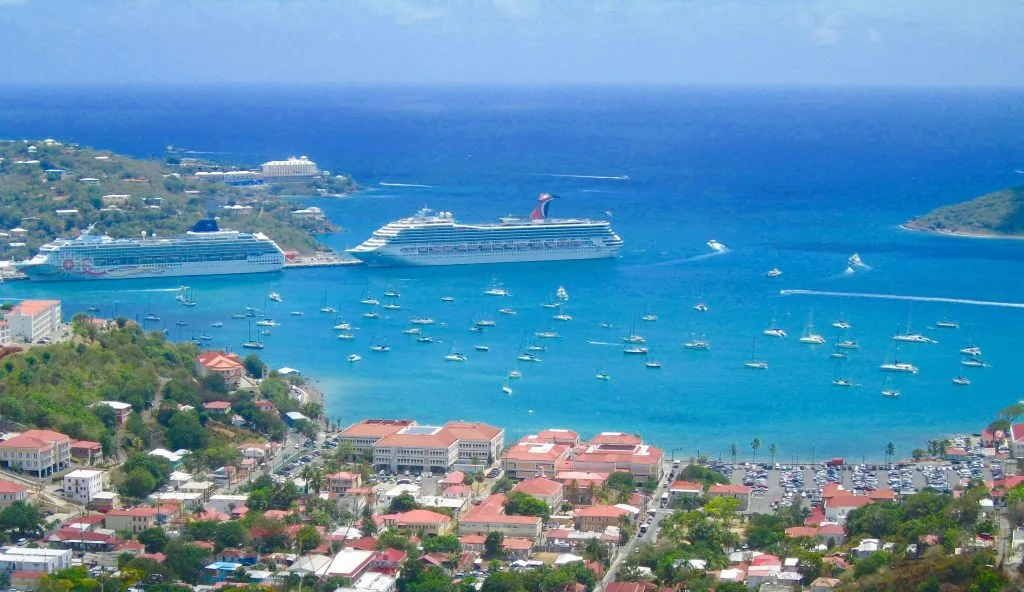
The maritime industry is navigating increasingly stringent regulations and a growing emphasis on sustainability. In this context, cruise ship itinerary planning has become a complex balancing act, requiring a fine-tuned approach to enhance both operational efficiency and passenger experience. Advanced fuel and emissions monitoring technologies, such as those offered by SailPlan, play a pivotal role in addressing these challenges.
The Challenges of Cruise Ship Itinerary Planning
Cruise ship itinerary planning is inherently complex. It involves balancing passenger satisfaction with operational efficiency while adhering to environmental regulations. The routes chosen must optimize fuel consumption and minimize emissions, all while ensuring that passengers enjoy a seamless and enjoyable journey. The challenge is further compounded by the need to comply with stringent environmental standards, which demand accurate and reliable emissions data.
Importance of Fuel and Emissions Monitoring
Fuel consumption directly impacts operational costs and environmental sustainability. Traditional methods of estimating emissions through fuel consumption reports are often inaccurate, leading to discrepancies in reporting and compliance challenges. Accurate monitoring of greenhouse gas emissions, including CO2, NOx, and SOx, is essential for meeting regulatory requirements and enhancing sustainability efforts. Advanced monitoring solutions provide the precision needed to make informed decisions that can significantly reduce a vessel’s environmental footprint.
SailPlan’s Advanced Monitoring Solutions
SailPlan’s cutting-edge emissions monitoring technology is designed to provide real-time, accurate data. By utilizing Continuous Emissions Monitoring Systems (CEMS), SailPlan captures detailed emissions data directly from the source. This real-time monitoring ensures that the data is not only precise but also immediately verifiable, allowing for swift operational adjustments. The insights gained from this data enable operators to optimize fuel consumption and reduce emissions effectively.
Integrating Fuel and Emissions Data into Itinerary Planning
The integration of real-time emissions data into itinerary planning is a game changer. By using accurate emissions data, cruise lines can make informed adjustments to their routes, such as optimizing speeds and altering courses to reduce fuel consumption. Predictive analytics play a crucial role in this process, helping to anticipate high-emission scenarios and mitigate their impact. For instance, adjustments in sailing speeds and route changes can lead to significant reductions in emissions while maintaining the overall passenger experience.
Case Study: Enhancing Cruise Operations with SailPlan
Consider a cruise line that has adopted SailPlan’s advanced monitoring solutions. By integrating real-time emissions data into their operational practices, they have seen marked improvements in fuel efficiency and emissions reduction. The detailed, verifiable data provided by SailPlan’s technology ensures compliance with international regulations, while also enabling the cruise line to optimize its operations for better efficiency. The result is not only cost savings but also a strengthened commitment to environmental sustainability.
Benefits for Cruise Lines and Passengers
The benefits of advanced fuel and emissions monitoring extend beyond regulatory compliance. Cruise lines can achieve significant cost savings by optimizing fuel use. Enhanced operational efficiency leads to smoother itineraries, contributing to an improved passenger experience. Moreover, a cruise line’s commitment to sustainability can strengthen its brand reputation, making it more attractive to environmentally conscious travelers.
Future Trends in Cruise Ship Itinerary Planning
The future of cruise ship itinerary planning will increasingly rely on innovative, data-driven solutions. Emerging technologies will continue to enhance the ability to monitor and optimize fuel consumption and emissions in real-time. As sustainability becomes a central focus, cruise lines that adopt advanced monitoring technologies like those offered by SailPlan will be well-positioned to lead the industry. By integrating these technologies into their operations, they can ensure compliance, improve efficiency, and contribute to global sustainability efforts.
Conclusion
The maritime industry is at a critical juncture where sustainability and efficiency must go hand in hand. SailPlan’s advanced fuel and emissions monitoring technology offers a robust solution that eliminates the need for estimations, providing precise and instantly verifiable data. By adopting these innovative technologies, cruise lines can optimize their itineraries, enhance operational efficiency, and make meaningful strides toward a more sustainable future. For more information on how SailPlan can transform your emissions monitoring and reporting processes, reach out to our team today. Together, we can navigate towards a cleaner, more efficient future for the maritime industry.



